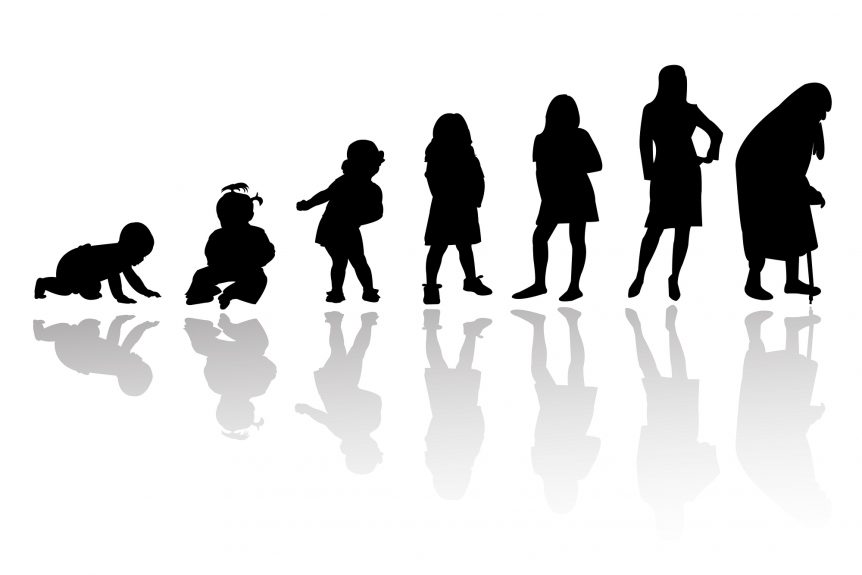Trauma Training Tip
Each of our five primary organs stores a precious substance. Jing is the substance stored in the Kidney. Jing is essentially our genetic potential. We get a set amount of Jing at our conception. We protect it with adequate rest, good food, modest exercise and moderate sexual activity. When our Jing is depleted, we die.
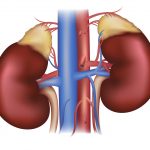 Fear is corrosive to our Jing. When our Jing is compromised, our morbidity and mortality is impacted. Survivors of childhood trauma have a reduced life expectancy of up to 20 years and are overwhelmingly more likely to end up in jail or psychiatric hospitals, in gangs or on the streets. Acupuncture and Asian Medicine (AAM) would understand that their overwhelming fear depleted their Jing.
Fear is corrosive to our Jing. When our Jing is compromised, our morbidity and mortality is impacted. Survivors of childhood trauma have a reduced life expectancy of up to 20 years and are overwhelmingly more likely to end up in jail or psychiatric hospitals, in gangs or on the streets. Acupuncture and Asian Medicine (AAM) would understand that their overwhelming fear depleted their Jing.
Overwhelming fear is also corrosive to our capacity for healthy relationships and our ability to live in diverse communities. If we are habituated to terror, we will not find friends – we will find threats.
AAM’s wisdom on the grave importance of protecting our Jing underscores the critical role of creating safety as the foundation for all of our work with trauma survivors – and to codify safety as a foundational element in our communities, schools, and workplaces – and especially the places where children abide.
Because of the role of the Kidney as the foundation of both yin and yang, and its role as the signaling center for threat nearly every survivor will benefit from attention to it.
In the January 26&27, 2019 module of my 5-part training series The Tao of Trauma, providers will learn the foundational remedy of “holding” the Kidney/adrenal system. In addition to being the signaling center for threat, the Kidneys are also known as the foundation of both yin and yang, making this approach valuable for nearly all survivors. Supporting a survivor’s Kidney to soften and sink helps create conditions for it to stop secreting excess adrenalin and gives rise to better discernment of both safety and threat.
Registration for the 2019 cohort is happening now! More details and online registration here.
Alaine’s Two Cents
Western science, via the burgeoning field of epigenetics, is beginning to understand how habituated fear and terror arising from traumatic stress may be transmitted via changes it creates in our genetic expression. This understanding sheds new light on the role trauma plays in health disparities in minority communities and survivors of mass trauma – such as the legacy of American Slavery, forced migration of Native Americans, the Holocaust, and 9/11, as well as the current wars in the Middle East, and the impact of certain economic and political policies on migrants and refugees in the U.S. and abroad.
If we don’t want violent gangs or the social burden of addiction, criminal behavior and a flooded public health system, we need to create experiences of safety and relationship for oppressed nationalities and children living in both urban and rural poverty, as well as migrating children and youth.
Check This Out
The CDC-Kaiser Permanente Adverse Childhood Experiences (ACE) Study is one of the largest investigations of childhood abuse and neglect and later-life health and well-being. Over 17,000 people insured by Kaiser Permanente completed confidential surveys regarding their childhood experiences and current health status and behaviors. Researchers found that the greater the number of incidences of traumatic stress a child experiences, the higher their rates of future violence victimization and perpetration, as well as life-long reduced morbidity and mortality across multiple body systems.
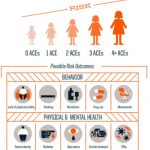 Listen to pediatrician, Dr. Nadine Brooke-Harris, speak to the impact of childhood trauma on adult morbidity and mortality. https://www.youtube.com/watch?v=95ovIJ3dsNk&t=310s
Listen to pediatrician, Dr. Nadine Brooke-Harris, speak to the impact of childhood trauma on adult morbidity and mortality. https://www.youtube.com/watch?v=95ovIJ3dsNk&t=310s
Book Signing Parties
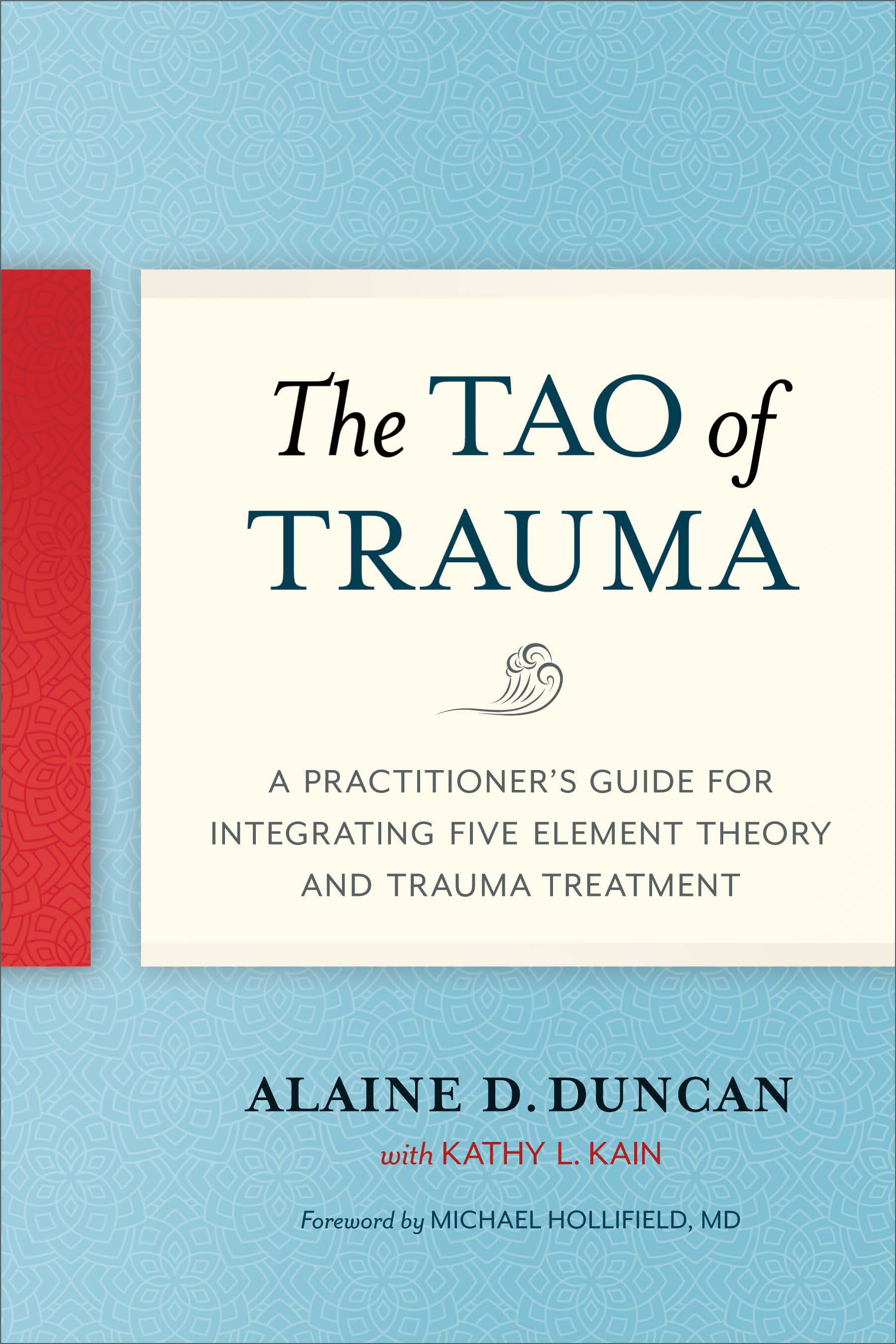 Celebrate the publication of The Tao of Trauma with us!
Celebrate the publication of The Tao of Trauma with us!
Available for pre-order with release date of January 8th.
Thank you to everyone who came out for our first book signing event at Crossings this past weekend! It was a great success. If you weren’t able to make it, I’ll be holding two more in the coming week. I’d love to see you at one of them.
Sunday, January 6, 2019, 3-5 pm. At Joe’s Movement Emporium, 3309 Bunker Hill Road, Mt. Rainier, MD. Books available for signature and purchase. Snacks, drinks and discussion facilitated by Brooke Kidd, Director of Joe’s Movement Emporium.
I will share the journey that became The Tao of Trauma, its unique East-meets-West approach, and the role traumatic stress plays in individual and public health, social welfare and political discourse. I will also give a thumbnail of the upcoming study series for providers.
Wednesday, January 9, 2019, 7-9 pm. At the home of Jessica Broitman and Gibor Basri, 2940 Forest Ave, Berkeley, CA. RSVP: Director@acuwithoutborders.org. Books available for signature and purchase. Snacks, drinks and discussion facilitated by Carla Cassler of Acupuncturists Without Borders. Kathy Kain and I will share the unique integration of the ancient Taoist principles of the Five Elements with the steps of the Self Protective Response, defined by Peter Levine, developer of Somatic Experiencing – and the body-based remedies that emerge out of this interface.
Would you like to host a book signing? Send me an email at alaine.duncan@integrativehealingworks.net.
Clinical Curiosity
Where is your clinical curiosity carrying you? Send me a question or two and I will explore them with readers in this corner next month.
Q. My patient has many of the hallmarks of early trauma. She is in her late 20’s and speaks of debilitating anxiety, social phobia, stomach upset, and either “slow” or “fast” transit in her bowels. Her report of her childhood is that “it was great.” I don’t really believe her. I’d like to explore her symptoms in a broader context. How can I help her trust me enough to share more deeply?
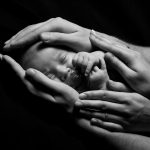 A. So glad she has you – and has chosen a modality where knowing her “story” is less critical than understanding her embodied experience. Several things are possible. First, the insult to the balance and regulation in her system that you suspect may have occurred before she had a voice or a memory – hypoxia at birth is one example. It can leave an imprint of a very high level of fear about mere survival – and a profound lack of a sense of safety in the world. If her Mom is available, she might have a birth conversation with her.
A. So glad she has you – and has chosen a modality where knowing her “story” is less critical than understanding her embodied experience. Several things are possible. First, the insult to the balance and regulation in her system that you suspect may have occurred before she had a voice or a memory – hypoxia at birth is one example. It can leave an imprint of a very high level of fear about mere survival – and a profound lack of a sense of safety in the world. If her Mom is available, she might have a birth conversation with her.
Secondly, she may be carrying the genetic impact of the traumatic stress experienced by an ancestor. Children of women who were pregnant during the Dutch Famine in WWII had lower birth rates and higher levels of mental illness, as might be expected by both the lack of food and the stress of living in war. The curious thing is that their grandchildren, whose mothers were neither malnourished nor pregnant during a time of war, also experienced lower birth weights and higher levels of mental illness. Researchers in this and other studies conclude that there are genetic changes to the autonomic nervous system that can result in dysregulation in up to three generations! Sharing the potential epigenetic impact of her symptoms may help her to feel less shame about her challenges, and cultivate more of a witness state.
You will do well to use the Kidney/adrenal hold to help it find regulation and stop its constant secretion of adrenalin. In addition to helping with the symptoms that brought her to you, you may be helping to stop the inter-generational transmission of trauma. That’s a wonderful thing for any children that may come to her in the future

